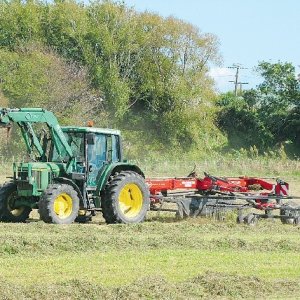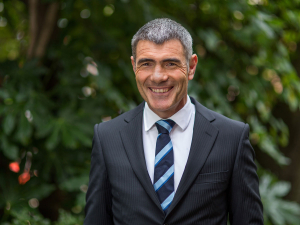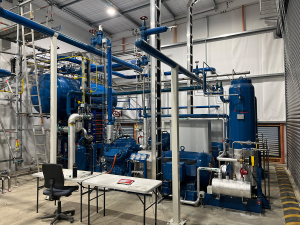Though rain has produced great grass growth, continuing wet weather has severely affected supplement crops such as maize silage, he says. The main problem with maize is a slow ‘dry down’. To harvest maize the threshold is 30% dry matter or higher.
“The dry matter percentage is increasing but the process is slower than normal. As well, if there is lower dry matter content there is also a lower nutritive value in the maize silage. There is more water in the crop and the overall yield is lower.”
Glassey says the problem of a late maize harvest is the difficulty of getting maize paddocks planted back in grass, of particular concern to farmers whose maize paddocks are part of their milking platform.
“If that’s the case, this may impact feed supplies through to spring. Planting grass after mid-April does not produce good results. While the grass may establish, farmers would be severely compromised on any yield from the new pasture.”
Along with wet weather, maize silage crops in Northland and Taranaki have been hit by floods and wind, respectively.
In Taranaki wind has wiped out some crops and badly damaged others, leaving yields well down. This means some supplements will have to be moved around the regions to make up for deficits, Glassey says.
Many farmers have lots of pasture silage and there’s no shortage of this nationwide. Some have taken four cuts and many have 100% more pasture silage stored than in past seasons. This will help make up for lower yields of maize silage, but it’s not all good news.
“Though we had a lot of surplus grass conserved into silage, in some cases there are question marks about the quality. When there’s a lot of rain there have been delays in getting that silage harvested and those delays tend to reduce the quality…. Some of it may not be as good for producing milk as they think.”
Think about acquiring alternative feeds such as PKE while prices are still reasonable, Glassey advises. But he notes that in the past month prices for PKE have risen by up to 7%.









